Fertility Preservation: An Option for Transgender Individuals

Supporting Gender: Affirming Care with Reproductive Choice
For many transgender individuals, the journey toward gender affirmation is deeply personal and transformative. However, in the process of aligning their bodies with their gender identity, some may face the risk of losing reproductive potential due to hormone therapy or gender-affirming surgeries. That’s where fertility preservation comes in—a powerful, proactive option that empowers trans individuals to make informed choices about their future families.
Fertility Preservation: An Option for Transgender Individuals
Supporting Gender-Affirming Care with Reproductive Choice
What Is Fertility Preservation?
Fertility preservation involves storing eggs, sperm, or embryos for future use. It’s a form of reproductive planning that allows individuals to retain the option of having genetically related children at a later time, regardless of how their medical transition unfolds.
At Reproductive Centers of America, we offer customized fertility preservation services tailored to each patient's medical, emotional, and transition-related needs.
Options for Transgender Patients
Fertility preservation options vary based on each person’s anatomy and medical treatment plan:
For Transfeminine Individuals (Assigned Male at Birth):
- Sperm Cryopreservation: Collecting and freezing sperm prior to starting hormone therapy or undergoing orchiectomy (testicle removal).
- Testicular Tissue Freezing (experimental): May be considered in younger patients or those unable to produce a sample.
For Transmasculine Individuals (Assigned Female at Birth):
- Egg Freezing (Oocyte Cryopreservation): Hormonal stimulation is used to retrieve and freeze mature eggs before testosterone therapy or oophorectomy (ovary removal).
- Embryo Freezing: If the individual has a partner or sperm donor, embryos can be created and stored.
- Ovarian Tissue Freezing: A newer option for those who can’t delay hormone therapy.
Each method is handled with the utmost discretion, medical precision, and emotional sensitivity.
When to Consider Fertility Preservation
It is ideal to discuss fertility preservation before starting hormone therapy or surgery. That said, it's never too late to have a conversation with a fertility specialist. Some individuals choose to pause hormone therapy temporarily to undergo fertility treatment, though this is a deeply personal choice that should be made with medical guidance.
Creating an Affirming Experience
At RCA, we recognize that reproductive care must be inclusive, respectful, and affirming. Our team is trained to support transgender and nonbinary patients through:
- Compassionate consultations that respect your identity
- Multilingual, inclusive staff who listen without judgment
- Customized protocols to match your gender-affirming goals
- Private care environments designed for emotional safety
We believe everyone deserves the opportunity to build a family on their own terms—regardless of gender identity.
Financial and Legal Support
We offer flexible financial programs, including fertility preservation packages and counseling on insurance and payment options. For patients pursuing family building in the future, our legal experts can help navigate parentage laws, donor rights, and more.
Fertility Preservation: An Option for Transgender Individuals
Supporting Gender-Affirming Care with Reproductive Choice
What Is Fertility Preservation?
Fertility preservation involves storing eggs, sperm, or embryos for future use. It’s a form of reproductive planning that allows individuals to retain the option of having genetically related children at a later time, regardless of how their medical transition unfolds.
At Reproductive Centers of America, we offer customized fertility preservation services tailored to each patient's medical, emotional, and transition-related needs.
Options for Transgender Patients
Fertility preservation options vary based on each person’s anatomy and medical treatment plan:
For Transfeminine Individuals (Assigned Male at Birth):
- Sperm Cryopreservation: Collecting and freezing sperm prior to starting hormone therapy or undergoing orchiectomy (testicle removal).
- Testicular Tissue Freezing (experimental): May be considered in younger patients or those unable to produce a sample.
For Transmasculine Individuals (Assigned Female at Birth):
- Egg Freezing (Oocyte Cryopreservation): Hormonal stimulation is used to retrieve and freeze mature eggs before testosterone therapy or oophorectomy (ovary removal).
- Embryo Freezing: If the individual has a partner or sperm donor, embryos can be created and stored.
- Ovarian Tissue Freezing: A newer option for those who can’t delay hormone therapy.
Each method is handled with the utmost discretion, medical precision, and emotional sensitivity.
When to Consider Fertility Preservation
It is ideal to discuss fertility preservation before starting hormone therapy or surgery. That said, it's never too late to have a conversation with a fertility specialist. Some individuals choose to pause hormone therapy temporarily to undergo fertility treatment, though this is a deeply personal choice that should be made with medical guidance.
Creating an Affirming Experience
At RCA, we recognize that reproductive care must be inclusive, respectful, and affirming. Our team is trained to support transgender and nonbinary patients through:
- Compassionate consultations that respect your identity
- Multilingual, inclusive staff who listen without judgment
- Customized protocols to match your gender-affirming goals
- Private care environments designed for emotional safety
We believe everyone deserves the opportunity to build a family on their own terms—regardless of gender identity.
Financial and Legal Support
We offer flexible financial programs, including fertility preservation packages and counseling on insurance and payment options. For patients pursuing family building in the future, our legal experts can help navigate parentage laws, donor rights, and more.









